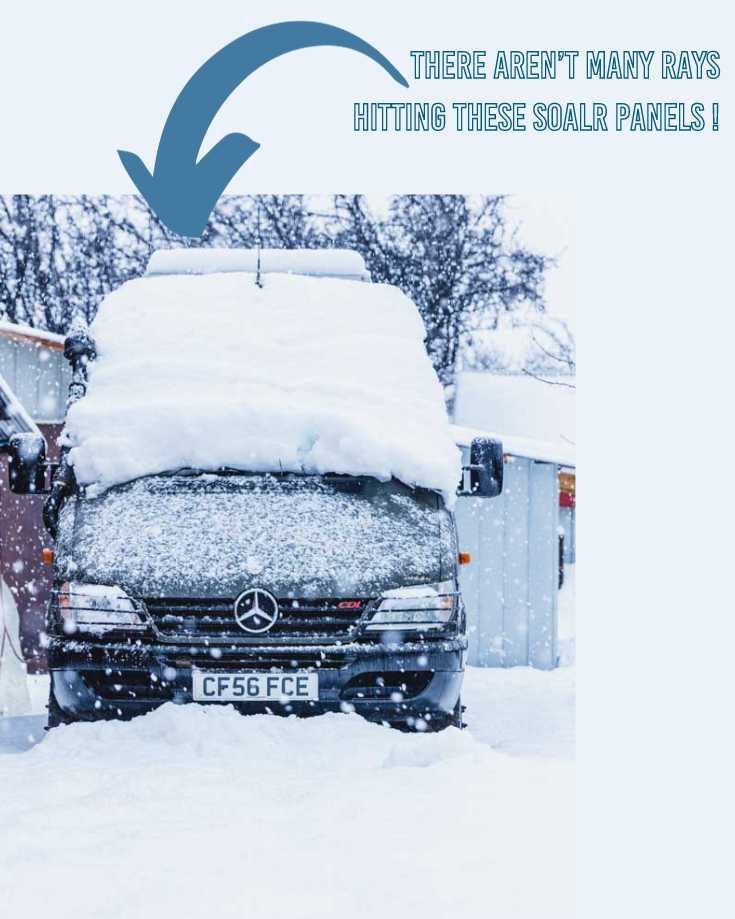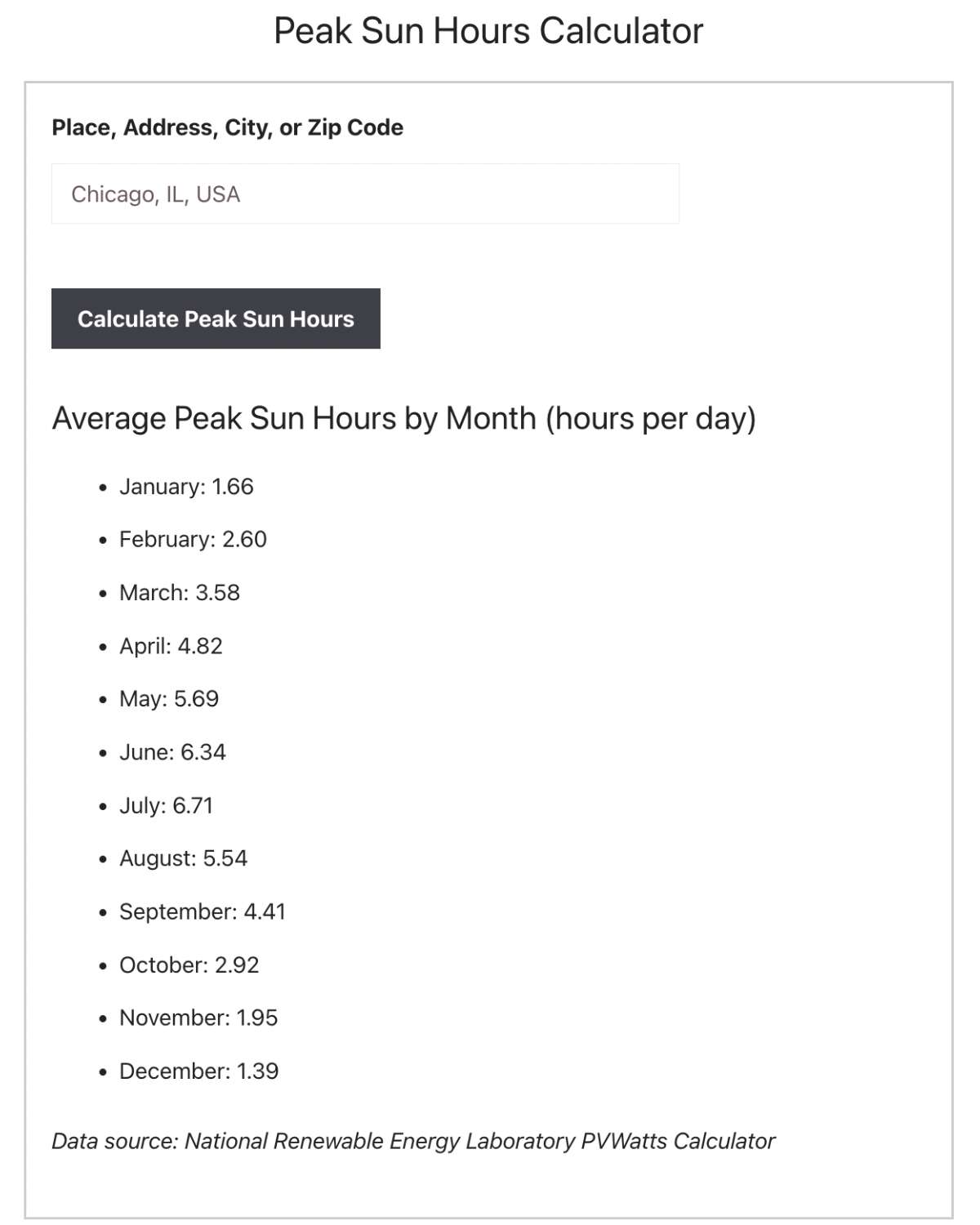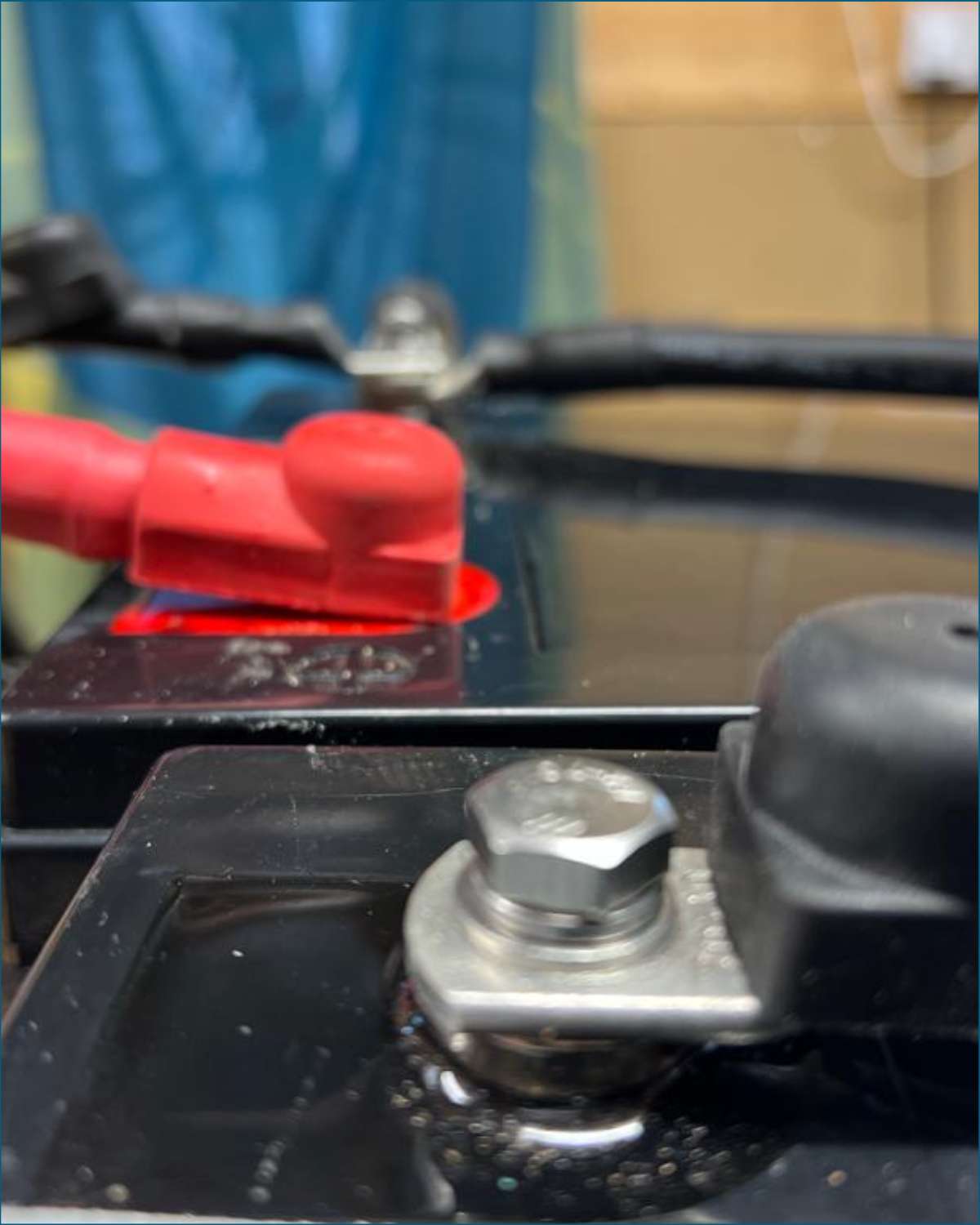Should I disconnect my RV battery for winter?
It’s a common question among RV owners as winter approaches. The answer isn’t straightforward and depends on various factors, including:
- the type of battery you use,
- the severity of winters in your area, and
- how you could keep it charged if you don’t disconnect it.
In this article, you’ll learn:
- why you may need to disconnect your RV battery in winter
- how extreme temperatures affect different types of RV batteries
- how to keep an RV battery charged if you don’t disconnect it
- how to decide if you should disconnect your RV battery bank this winter.
Why Disconnecting Your RV Battery in Winter is a Consideration
Winter weather can significantly impact your RV battery’s health and longevity.
Cold conditions can reduce battery capacity and performance, potentially causing permanent damage.
The natural discharge process of batteries can also accelerate in colder temperatures.
That means batteries can lose power faster in cold weather, even if they’re not being used.
If you disconnect and store your RV battery correctly during winter, you can avoid unnecessary discharge cycles.
That can help it stay healthier for longer.
Consider these points when deciding how to care for your RV battery in winter.
AGM vs. Lithium in Cold Conditions
Cold weather affects AGM and Lithium batteries differently.
Lead acid batteries like Gel or AGM lose charge in cold weather and might get damaged if they’re over-discharged.
Lithium RV batteries also lose charge in the cold, but more slowly.
If a lithium RV battery drains completely, it can recharge if its management system (BMS) works well.
But don’t let either type of battery stay in sub-zero temperatures, as it could cause severe damage.
Come spring, you might need to replace a dead battery damaged over winter.
Keep an RV Battery Charged in Winter
A proactive approach to maintaining your RV battery in winter will ensure it’s ready to power your next adventure.
Here are some tips on keeping your RV battery charged during winter so you can leave it connected.
Leveraging Shore Power
Hooking up to a permanent power supply will allow you to maintain your battery’s charge during winter.
Use an intelligent battery charger, also known as a converter charger, to charge the RV’s battery bank.
It monitors the battery’s state and adjusts the charging rate accordingly. This prevents overcharging and undercharging, which can both lead to battery damage.
Connecting your battery to shore power with a converter during winter storage ensures it stays at an optimal charge level.
Why Solar Isn’t Ideal in Winter
Solar panels can charge your RV battery well in summer but aren’t as good in winter.
Less daylight, the sun being lower in the sky, and snow can make them work less well.
Relying on solar power to keep your battery charged in winter might leave you with a drained battery.

Maintaining Above-Freezing Temperatures in the Battery Compartment
Batteries can freeze in sub-zero temperatures, causing irreversible damage.
It’s crucial to keep your battery compartment above freezing. If you can’t do that, disconnect the batteries and store them at home.
Deciding Whether to Disconnect Your RV Battery
It’s safe to leave your RV batteries connected if you have:
- access to a smart charger and
- a consistent power supply and
- your battery isn’t exposed to sub-zero temperatures,
Otherwise, for optimal battery health, disconnect and properly store your RV battery at home during winter.
Graham Bogie

Graham is a seasoned marine electrical engineer with two decades of experience designing customized electrical systems for plant machinery and converting campers and overland vehicles. His expertise has led him to author the reputable Campervan Electrics Handbook and become the chief designer of the RV Wiring Design Tool. As a knowledgeable figure in the field, his YouTube channel, blog, Facebook group, and newsletter, offering electrical advice and product reviews, reach more than a million users each year.



